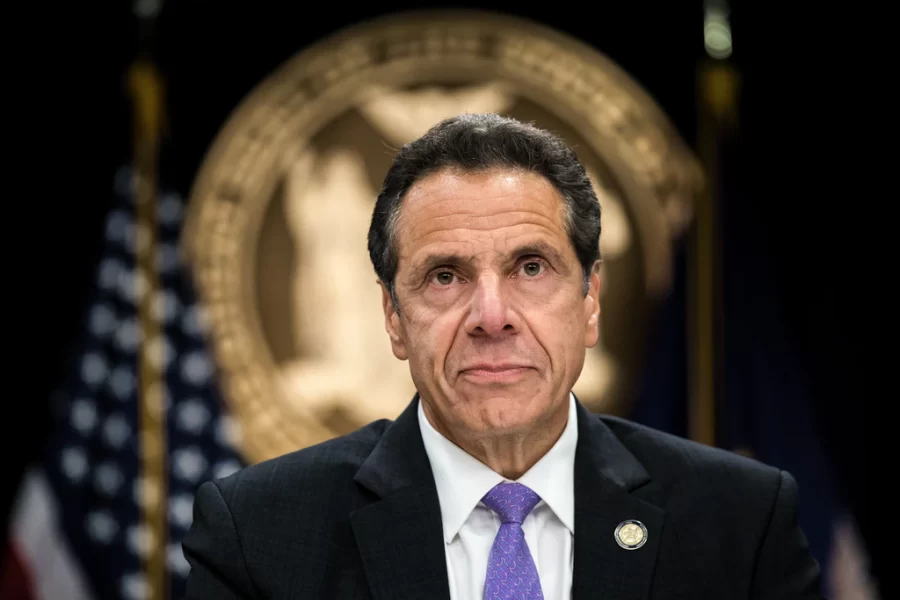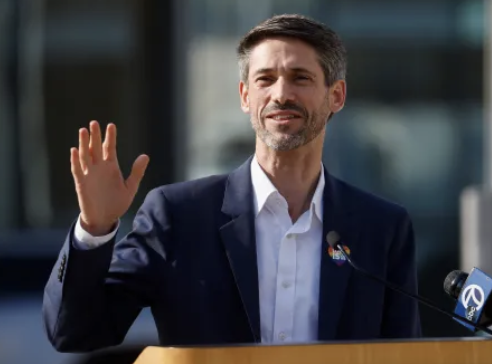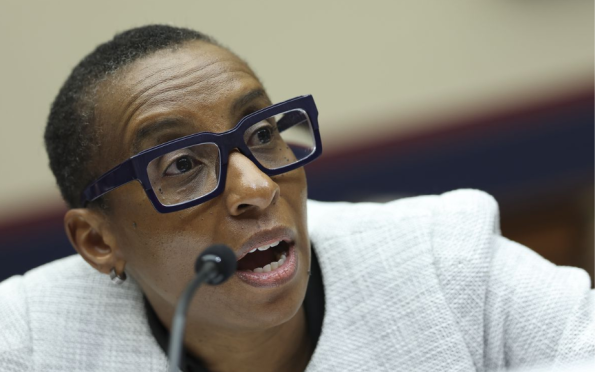Accountability in a Post #MeToo World: The Andrew Cuomo Case
The implications and legacy of Cuomo’s resignation after the investigation into his history of sexual harassment
“The independent investigation has concluded that Governor Andrew Cuomo sexually harassed multiple women and in doing so violated federal and state law.” With these words, New York Attorney General Letitia James sealed the political fate of the governor.
At the height of the pandemic, Cuomo’s approval ratings had soared. He was a voice of reason amid the lies and misinformation present during the Trump Administration, having even won an Emmy for his daily briefings on Covid-19. Many applauded the efforts he took to pass progressive legislation in New York, such as extending the statute of limitations on rape and legalizing same-sex marriage.
Despite this, Cuomo had faced issues within his own party due to his combative governing style and what some saw as the performative nature of his actions—in particular his self-serving Women’s Equality Party, which ultimately lasted only two election cycles. Cuomo also faced blowback once it emerged that his administration had suppressed reports on Covid-19 deaths in nursing homes. But the primary reason why Cuomo was forced to resign was because of his alleged role in sexually assaulting and harassing multiple women—in his own workplace.
In one instance from December of 2020, Cuomo was accused by Lindsey Boylan of sexual harassment. She stated, “I could never anticipate what to expect: would I be grilled on my work (which was very good) or harassed about my looks, or would it be both in the same conversation? This was the way for years.”
After that incident, another woman, Charlotte Bennett, accused Cuomo of sexual harassment, alleging that he asked questions about her sex life. Cuomo responded that he had “never touched anyone inappropriately,” but promised that he and his office would “cooperate fully.” To prove this cooperation, he asked Attorney General Letitia James to create a special counsel to investigate the sexual harassment claims.
In March 2021, another woman, Anna Ruch, alleged that Cuomo had placed his hands on her body and asked to kiss her at a wedding reception in September 2019. Karen Hinton, a former press aide to Cuomo, declared that he behaved inappropriately towards her when she worked as a consultant for the U.S. Department of Housing and Urban Development.
As these accounts mounted, the State Assembly began an impeachment inquiry. From March to April, multiple women came forward and accused Cuomo of similar transgressions. Four months later, Attorney General James finally announced on August 3rd that the investigation revealed that Cuomo sexually harassed multiple women, including current and former state employees.
She went on to state: “Cuomo gave his farewell address hours ahead of leaving office just before midnight.” But even as he left, Cuomo sounded a defiant note, saying “when the government politicizes allegations and the headlines condemn without facts, you undermine the justice system and that doesn’t serve women and it doesn’t serve men or society.”
Cuomo’s departure has already affected several of his closest aides and advisors. Among them, his brother and CNN anchor Chris Cuomo, who faced accusations of a conflict of interest by advising his brother on a public relations strategy for the mounting claims of harassment. Additionally, the leaders of Time’s Up and the Human Rights Campaign left their jobs after it surfaced that they had offered feedback on an unpublished letter attempting to discredit one of Cuomo’s accusers.
Since the #MeToo movement entered mainstream conversation in 2017, it was quickly followed by widespread workplace training against harassment and increased social awareness. Despite this shift, Cuomo stayed in power because of the culture of silence that society has created around the topic of sexual assault. While Cuomo himself held on until there were no other outs, there is something to be said about the process as a whole.
When a victim challenges a politician by sharing their experience with the public, they often inadvertently get tangled up in a politically-polarized web of dehumanization. In 2017, Democratic senators only stopped backing Senator Al Franken after eight women came forward with accusations of harassment.
Cuomo similarly tried to preserve his career by claiming that the complaints were politically motivated. The Attorney General claimed that there was already a large contingent of New York lawmakers calling for Cuomo to resign—although that is not entirely unexpected for a governor who was already widely unpopular within his own party. However, Anita Hill, one of the women who came forward, vehemently believes that the attorney general’s report was a “proper investigation… This is what we’ve been asking for, and we shouldn’t miss that moment.”
Since resigning, Cuomo has reportedly been living with one of his sisters and a statement as he left stated he had no interest in pursuing an elected office in the future. Replacing Cuomo is Lieutenant Governor Kathy Hochul, who was sworn in as New York’s first female governor. Among the victims, there was some sense of justice, with an attorney for one of the accusers saying Cuomo’s resignation “is not the end of our reckoning with sexual harassment, but it is an important step in the right direction.”












